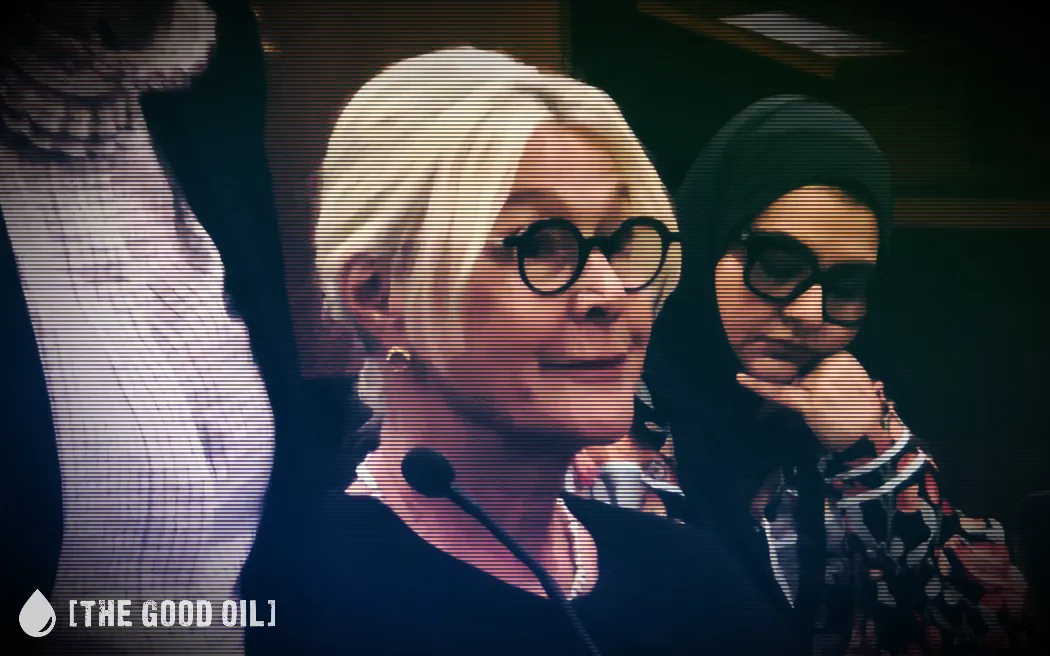Table of Contents
A call for accountability.
Sparked by the recent class action law suit in Australia led by the heroic Dr Melissa McCann, in which the TGA attempted to get the case dismissed before it started by claiming it has no duty of care to the Australian public, our team asked our New Zealand regulator Medsafe if they have a duty of care.
A duty of care can be defined as:
A legal obligation imposed on an individual requiring that they adhere to a standard of reasonable care while performing any acts that could foreseeably harm others.
The responsibility of a person or organisation to take all reasonable measures necessary to prevent activities that could result in harm to other individuals and/or their property.
This week we received a response under the Official Information Act (OIA) leaving us stunned, yet not surprised. The Ministry of Health’s reply regarding Medsafe was clear:
“It does not have a defined duty of
care to the New Zealand public.”
Medsafe New zealand
This is an astounding statement, especially when you consider the responsibility medical professionals and regulators have when it comes to public health.
The moment you intervene in someone’s health – whether by offering advice or regulating medical treatments – there is an implicit obligation to ensure that the care provided is safe, effective, and accountable.
The MCNZ refers to a duty of care: “Strive to use resources efficiently, consistent with good evidence-based patient care, and balance your duty of care to each patient with your duty of care to the community and wider population.” (So doctors do have a duty to the wider population, eh? Interesting, for those doctors punished for speaking out…)
The NZ Nurses Organisation also refers to a duty of care:
Legally, all people owe a duty of care to people who could foreseeably be harmed by their actions or inactions.
So the fact of a duty of care goes without saying then for health care staff. But the true ‘burden’ of responsibility goes much much deeper than this for doctors, and perhaps only older ones still appreciate this.
Little wonder our agencies associated with health can’t or won’t meet these standards, but you would think medicine’s history of at least some practitioners taking a proverbial bullet for their patients might rub off on the humans who comprise these regulatory bodies.
This is not just about making purchasing decisions; it’s about protecting human lives.
Yet we have seen our government and its agencies treat the New Zealand public like disposable products.
For those in the health and regulatory sectors, the stakes are even higher. People who are vulnerable or unwell rely on these professionals to ensure their safety.
However, this response from Medsafe suggests those in charge of public health in New Zealand, senior managers and politicians alike, are not obliged to uphold any moral duty or responsibility for the consequences of their decisions on affected health consumers.
How can they reconcile claims of testing safety and efficacy with the admission that they have no formal duty of care? This apparent contradiction raises serious concerns about the integrity of our public health system. It seems that individuals entrusted with the responsibility for the health of the nation may not be held to the standards necessary to protect people’s well-being.
For those in charge of public health to have no enshrined duty of care to the public is deeply troubling. It raises an uncomfortable question: are New Zealanders merely rats in a cage of a larger experiment, with no guarantee of protection, all for the benefit off ‘big pharma’ and the obsequious cohort of agencies bowing to the World Health Organisation?
It is time for transparency, accountability, and a serious examination of the role our health regulators play in safeguarding public health.
The New Zealand public deserves better than this.

This article was originally published by the New Zealand Doctors Speaking Out With Science.









